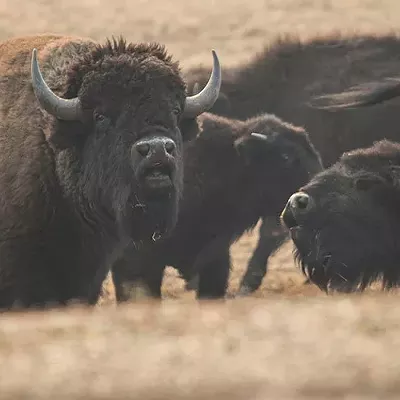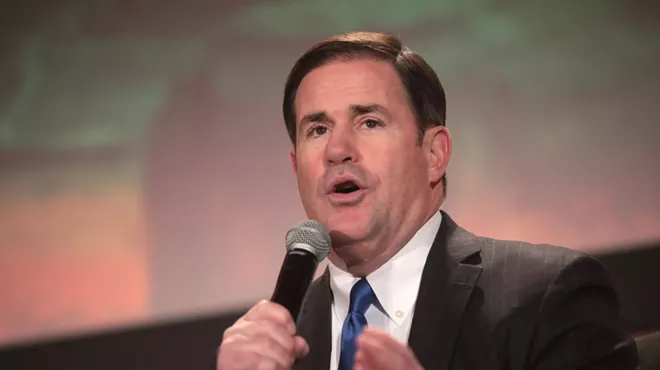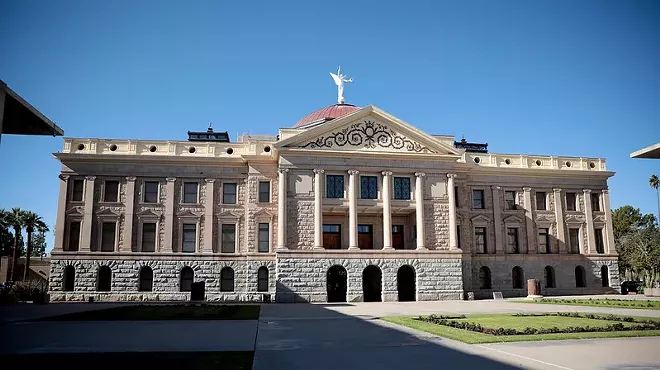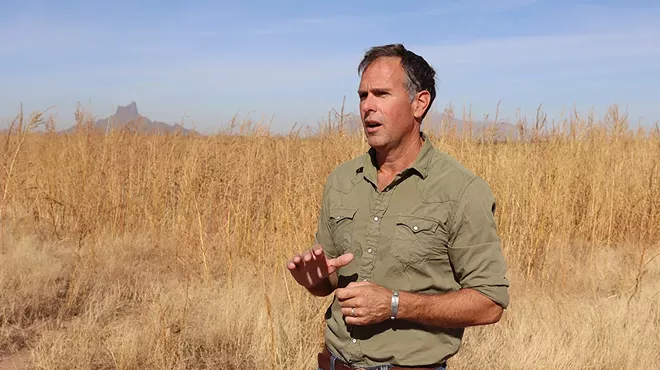Wednesday, February 11, 2015
DNA Test Confirms Female Gray Wolf Killed in Utah is the Same Spotted at the Grand Canyon's North Rim
Remember the female gray wolf that was sighted in the North Rim of the Grand Canyon last October? That was, according to environmental officials, a huge step forward for the species because a gray wolf hadn't been seen in that area for at least seven decades.
Groups like the Center for Biological Diversity celebrated the wolf's arrival, and saw it as glimpse of hope that a gray wolf population could resurface in the area.
Well, after DNA testing, U.S. Fish and Wildlife Service officials today confirmed that the gray wolf shot and killed in southwestern Utah (after a hunter mistook it for a coyote) two months ago was the same wolf seen wandering the North Rim.
She was referred to as "Echo," a name adopted through a contest involving hundreds of school children.
“Echo came to a heartbreaking end, but her odyssey through forest and desert shows that excellent habitat still remains for wolves in the American West,” said Michael Robinson of the Center for Biological Diversity in a statement. “Her death also demonstrates that public education, law enforcement and solid science are needed now more than ever to recover endangered wolves, and that the last thing they need is to have their federal protections yanked.”
The 3-year-old wolf was first captured and radio-collared in Wyoming about a year ago. She then traveled hundreds of miles trying to find a mate, and ended up reaching the Gran Canyon. This was huge. Gray wolves hadn't been seen there since the 1940s. Gray wolves disappeared from northern Arizona in the '90s.
From the Center for Biological Diversity press release:
In May 2011, the same month Echo was born, Congress ended a budget standoff by approving must-pass legislation that included a rider removing Endangered Species Act protections for wolves in Montana and Idaho, along with those in portions of Washington, Oregon and Utah. Removal of federal protections has thus far cost thousands of wolves their lives through state-authorized hunting, trapping and strangulation-snaring by members of the public, and through federal trapping, strangulation and aerial gunning.“Echo’s killing illustrates the perils that wolves face and the imperative to maintain federal protections as called for under the science-based standards of the Endangered Species Act,” Robinson said in his statement. “Keeping wolves on the endangered list is the basis for the public education we need, to enable more wolves to live and thrive and minimize conflict.”
The 2011 budget act forbade judicial review of the decision to remove protections. In contrast, federal courts have reversed as unlawful administrative delisting decisions extending to wolves in Wyoming and the Great Lakes states. Consequently wolves remain on the endangered species list everywhere in the contiguous 48 states except Montana and Idaho, eastern Washington and Oregon, and northeastern Utah. However, prosecutions of people who kill wolves are exceedingly rare.
Congress now threatens to extend the precedent of the 2011 delisting through another rider that would preclude protection of wandering wolves such as Echo, and prevent the recovery of wolves to suitable habitats where they could benefit the ecosystems.
Tags: gray wolf , echo , us fish and wildlife , center for biological diversity , grand canyon , north rim , arizona , utah , endangered species act














